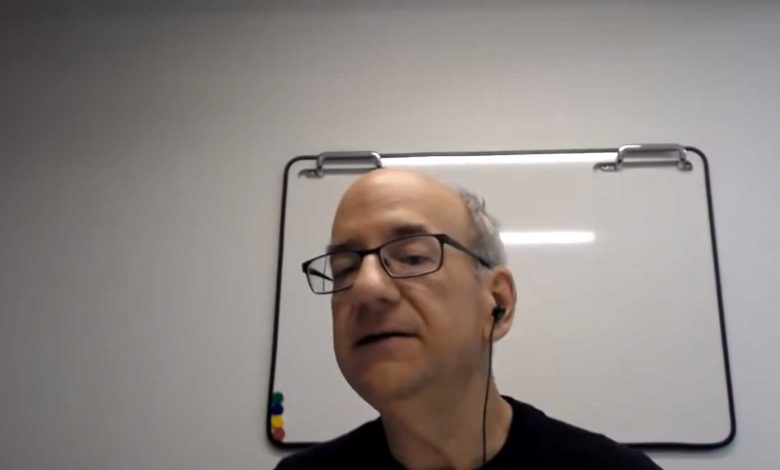
In a recent webmaster hangout, someone asked John Mueller about recovering from an algorithm update. The site in question had experienced a loss of traffic, then recovered, and subsequently faced another dip in traffic.
The question was as follows:
“The last big core update seems to be causing significant changes in search results for specific keywords. It’s quite unusual that, for instance, this site lost relevance for some keywords at the beginning of August and then suddenly regained it. I understand you might say there’s nothing wrong with the site, but it feels drastic for the site owner to see it disappear and reappear."
John Mueller from Google responded:
“I agree, sometimes these fluctuations are quite drastic, and it’s especially odd when things start to resurface. These are essentially adjustments we make in our algorithms to improve overall site performance. Feedback from SEOs and users really helps us refine these algorithms over time. It may happen that due to feedback, we make improvements, resulting in increased visibility for some sites."
Mueller emphasized the value of feedback on algorithm changes to Google and underscored the importance of providing actual keyword phrase examples that Google might be misinterpreting.
Many updates include what are known as false positives—algorithm changes that wrongly classify a site as irrelevant for a specific query. This is often due to misconceptions about the site being spammy. However, with modern algorithms, the site may be inaccurately deemed irrelevant even when it is pertinent.
Mueller’s advice emphasized the importance of providing feedback but didn’t extend much further.
While that’s valuable advice, in my view, there are other steps a publisher could take.
Here are some suggestions for publishers to better communicate their site’s purpose:
It’s Not a Medic Update
In a Webmaster Hangout, Google’s John Mueller dismissed the idea of a so-called "Medic Update" with the following comments:
“The update we launched around the first of August was more of a general ranking update, like we always do. So it’s not specific to medical sites. It could affect any website out there."
I refrained from calling the August update a "Medic Update" because Google updates tend not to "target" specific industries.
Some people within the SEO industry continue to think that Google targets industry niches and specific quality issues with each update. This perspective seems to miss Google’s emphasis on relevance. As John Mueller indicated, the August update was a "general ranking update."
This suggests the focus is likely on relevance issues. Labeling it a medic update and concentrating solely on topics like E-A-T may not address all reasons for a site’s drop in position.
The Mobile Effect
Some declines could be due to how users search, view, or listen to search results on mobile devices. If Google increases the space for “answers” at the top of a mobile search page, sites not at the top might see fewer visitors.
Images and Rankings
Meaningful images can be advantageous. If an article covers a specific topic or product, an original photograph could be valuable, especially with a caption detailing the image. Even if you lack an original photo, try customizing the image or adding context through captions or file names.
New Article Schema
Google’s algorithm focuses on relevance, so clearly conveying a web page’s content is crucial. Sites publishing articles might consider implementing article schema, which certain WordPress plugins provide.
If you don’t use a plugin, fill out a schema template and add it to the end of your web page right before the closing tag.


